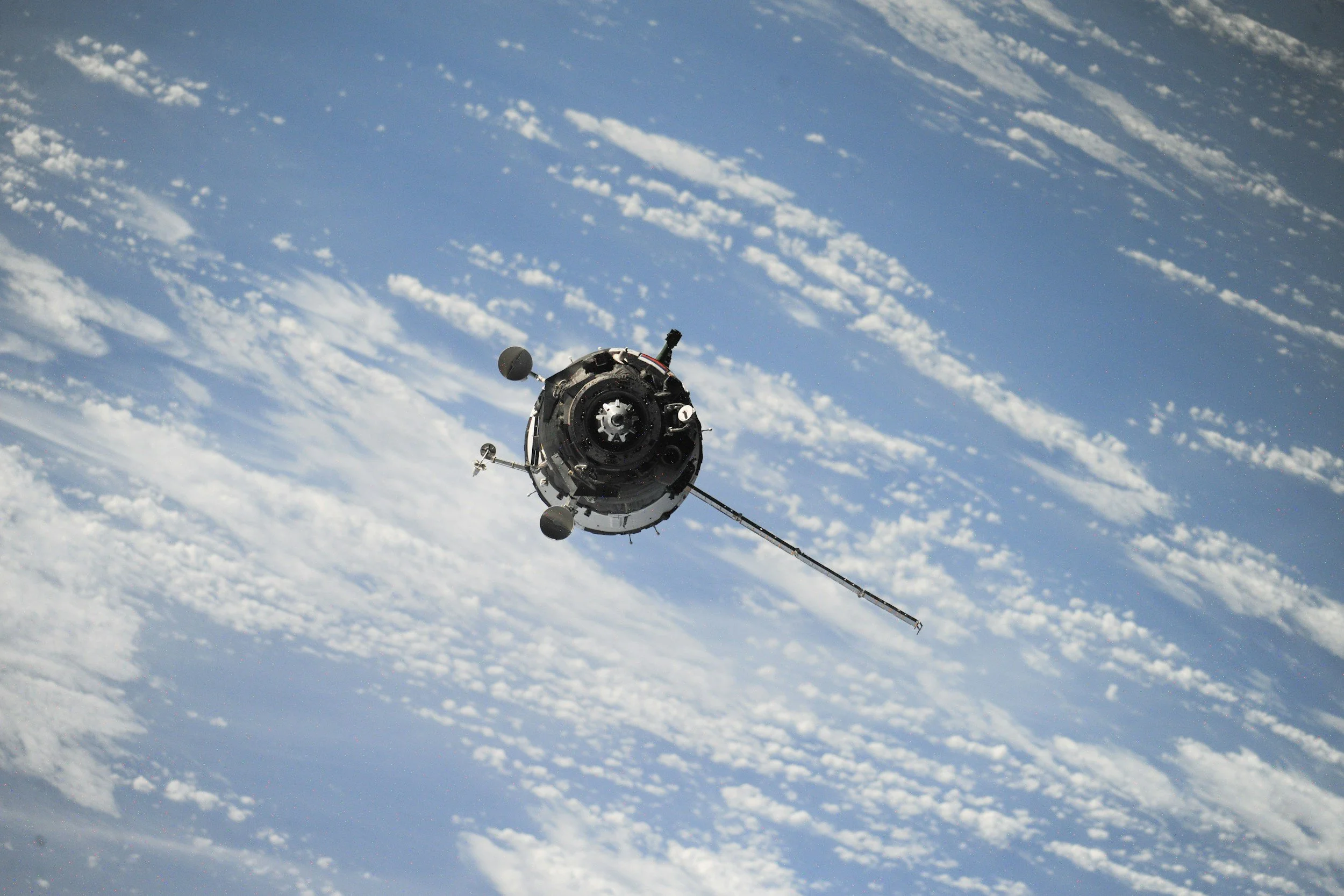
Is Space Exploration worth it at the moment?
By Matteo Molica-Franco
“The Universe is not only stranger than we imagine, it is stranger than we can imagine”
-Sir Arthur Eddington
What is the future of British Space Travel?
In recent years the British Government have spent great effort advancing British space efforts. However, Since the establishment of the UK space agency, in 2011, millions of pounds investments have been thrown towards this goal that might have been better spent elsewhere. This funding was intended to improve international co-operation in pursuit of satellite security, space exploration and cyber defences. Maybe all this investment is futile, as Virgin Galactics recent failure in launching satellites from European soil for the first time brings into question the need for a British space agency.
While the scientific progression resulting from space research may bring long term benefits, they should not be a priority in a time of economic hardship. To truly see the extent to which the government is struggling you must consider the impact on all aspects of national life. Currently, our allies In the United States are portraying our armed forces as incapable of combatting an effective enemy and at home a quarter of adults with dependent children are worried about running out of money in the next few weeks. It is clear that there is a financial plague rotting away the coffers of this nation, and it?s the most poor who are suffering. Previous government action to the 2008 financial crash and the COVID-19 pandemic set the economy on an unstable road to recovery. Following swiftly on from those two decades of financial turmoil, the invasion of Ukraine helped deliver a critical shot at the economy. Putin’s annexing of Ukraine has knocked the UK?s economic progress off course by devastating the supply of energy and resources, resulting in a sky-rocketing hike in fuel, electricity and gas prices. People at the bottom of the socio-economic ladder are currently struggling to simply stay warm. Recently, I came across a national scheme called “the warm hub” scheme. This scheme allows those living In unbearable cold to meet in a warm space such as local town halls for warm drinks and food. Even HM the King has offered up properties for this. His majesties actions are highly commendable when you consider the recent inaction of government policy in tackling the issue head on. It is not the Kings constitutional responsibility to enact social mobility schemes so that the less fortunate people of this country are not struggling disproportionately. Amidst this unattractive state of affairs, the UK space agency recently announced £50 million extra funding that will only add to its already high cost to the taxpayer. In the financial year 2021-2022, exchequer allocated £374 million - a gamble that has left us deaf to any of its positive results, cowering in embarrassment as the agency clearly fared badly in helping Richard Branson launch his rocket.
It would be ignorant to claim that the economic issues will be solved without any reform to the current societal attitudes towards work, waste and frivolous spending, but the government has a responsibility first and foremost to ensure the UK?s world leading role is not swept away by the devastation of the working classes. Similarly, it would be ignorant to claim this amount of money will solve poverty. The total cost to spatial research and satellite development would, however, go a long way towards funding public sector pay rises, Universal Credit, infrastructure projects, energy subsidies or job creations. Even in sticking with conservative values, this government may find it is more fitting to redirect the capital towards giving more people the necessary education to pursue strong careers, working hard for their success. The funding of less useful government departments is an issue that raises further unclear questions, such as, should space exploration in the UK be privately managed for now? Should the government do more to tackle social issues? Is £420 million really that much for a first world country? Alas, it is clear that government spending must be handled in pragmatic and responsible way.
Who will set foot on Mars first?





